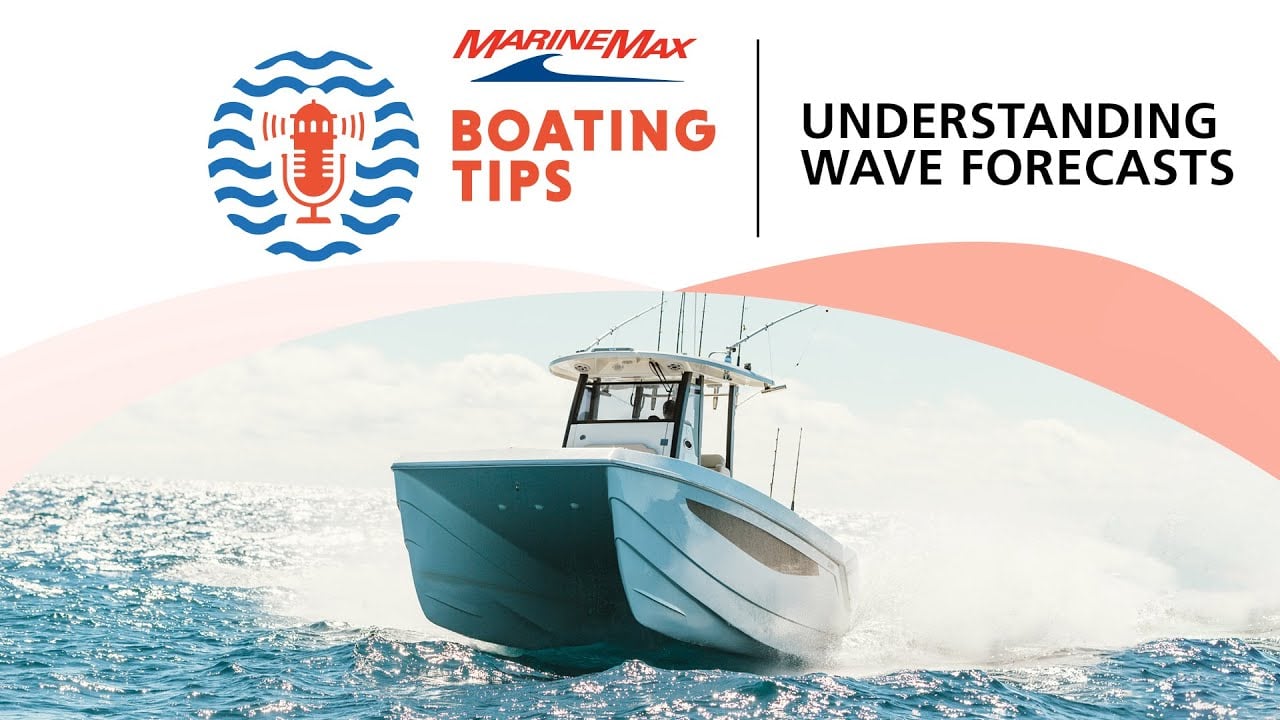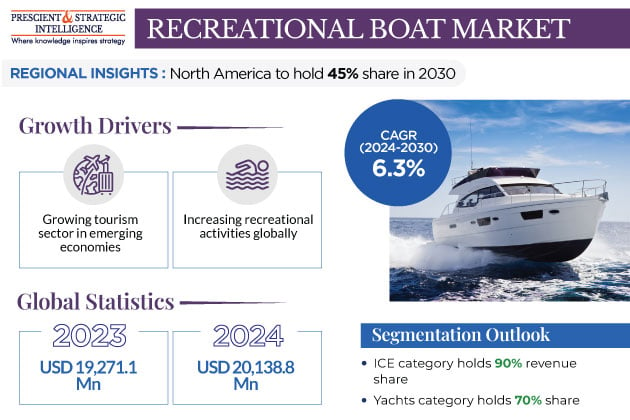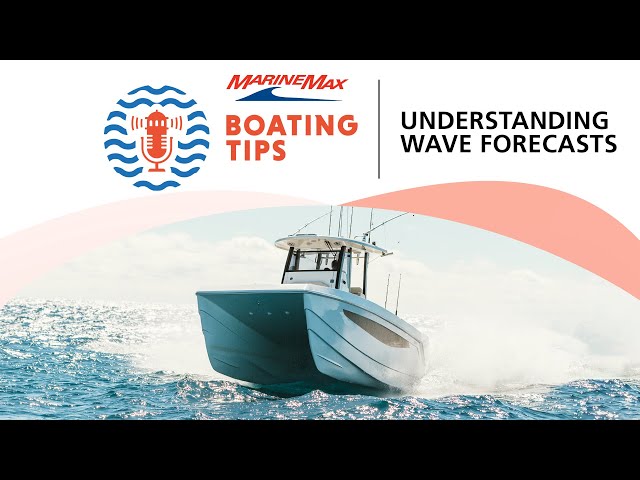What Are The Different Types Of Boating Forecasts?
What are the different types of boating forecasts? Understanding the various types of forecasts available can help you plan your boating trips more effectively, ensuring a safe and enjoyable experience on the water.

Understanding Boating Forecasts
When it comes to boating forecasts, there are several types that you should be familiar with. These forecasts provide valuable information about weather conditions, water levels, and other factors that can impact your boating experience. By understanding the different types of forecasts available, you can make informed decisions about when and where to go boating.
National Weather Service (NWS) Forecasts
The National Weather Service (NWS) provides a variety of forecasts that are relevant to boaters. These include marine weather forecasts, which provide information about wind speed, wave height, and other weather conditions on the water. The NWS also offers river forecasts, which provide information about water levels and flow rates in rivers and streams. By checking NWS forecasts before heading out on the water, you can stay informed about current and upcoming conditions that may affect your boating plans.
Wind Forecasts
Wind forecasts are a critical component of boating forecasts, as wind speed and direction can have a significant impact on your boating experience. Strong winds can create rough seas and dangerous conditions, while calm winds can make for smooth sailing. By checking wind forecasts before your trip, you can plan your route and schedule accordingly to avoid adverse wind conditions.
Wave Forecasts
Wave forecasts provide information about the height and direction of waves on the water. For boaters, this information is essential for navigating safely and comfortably. High waves can make for a bumpy ride and increase the risk of capsizing, while low waves typically indicate calm conditions. By keeping an eye on wave forecasts, you can make informed decisions about when and where to go boating to ensure a smooth and enjoyable experience on the water.
How To Access Boating Forecasts
Now that you understand the different types of boating forecasts available, you may be wondering how to access this valuable information. Fortunately, there are several sources where you can find boating forecasts to help you plan your next boating adventure.
NOAA’s National Data Buoy Center
NOAA’s National Data Buoy Center (NDBC) provides real-time weather and oceanographic data from buoys located around the United States and its territories. By accessing the NDBC website, you can view current conditions, including wind speed, wave height, and water temperature, to help you plan your boating trip accordingly. The data from NDBC buoys is updated regularly, providing up-to-date information to boaters.
Weather Apps
There are numerous weather apps available for smartphones and tablets that provide boating forecasts and weather alerts. Apps like Windy, NOAA Weather Radar, and Weather Underground offer detailed forecasts for wind, waves, and other relevant boating conditions. By downloading a weather app on your mobile device, you can easily access boating forecasts while on the go to make informed decisions about your boating plans.
VHF Marine Radio
VHF marine radios are another valuable tool for accessing boating forecasts while out on the water. Many marine weather forecasts are broadcast over VHF channels, allowing boaters to receive real-time information about weather conditions, hazards, and other relevant factors. By equipping your boat with a VHF marine radio, you can stay informed about changing conditions and make safety decisions accordingly while boating.

Tips For Using Boating Forecasts
Now that you know how to access boating forecasts, there are a few tips to keep in mind when using this information to plan your boating trips. By following these tips, you can make the most of boating forecasts and ensure a safe and enjoyable experience on the water.
Check Multiple Sources
When planning a boating trip, it’s essential to check multiple sources for boating forecasts to ensure accuracy and reliability. By comparing forecasts from different sources, you can get a more comprehensive picture of the expected conditions and make better-informed decisions about your trip. Consider using a combination of NOAA forecasts, weather apps, and VHF marine radio broadcasts to stay up to date on changing conditions.
Monitor Conditions During Your Trip
Weather conditions can change quickly on the water, so it’s essential to monitor forecasts and conditions throughout your boating trip. Be prepared to adjust your route or return to shore if conditions deteriorate unexpectedly. By staying vigilant and keeping an eye on the weather, you can respond proactively to changing conditions and keep yourself and your passengers safe while boating.
Plan Ahead
It’s always a good idea to plan ahead when it comes to boating trips, and boating forecasts are an essential part of that planning process. Check forecasts well in advance of your trip to identify any potential weather hazards or unfavorable conditions that may impact your plans. By planning ahead and being prepared for changing conditions, you can ensure a smooth and enjoyable boating experience.

Conclusion
Boating forecasts provide valuable information about weather conditions, water levels, and other factors that can impact your boating experience. By understanding the different types of forecasts available, how to access them, and tips for using them effectively, you can plan your boating trips more effectively and ensure a safe and enjoyable experience on the water. Remember to check multiple sources for forecasts, monitor conditions during your trip, and plan ahead to make the most of boating forecasts and stay safe while boating.





